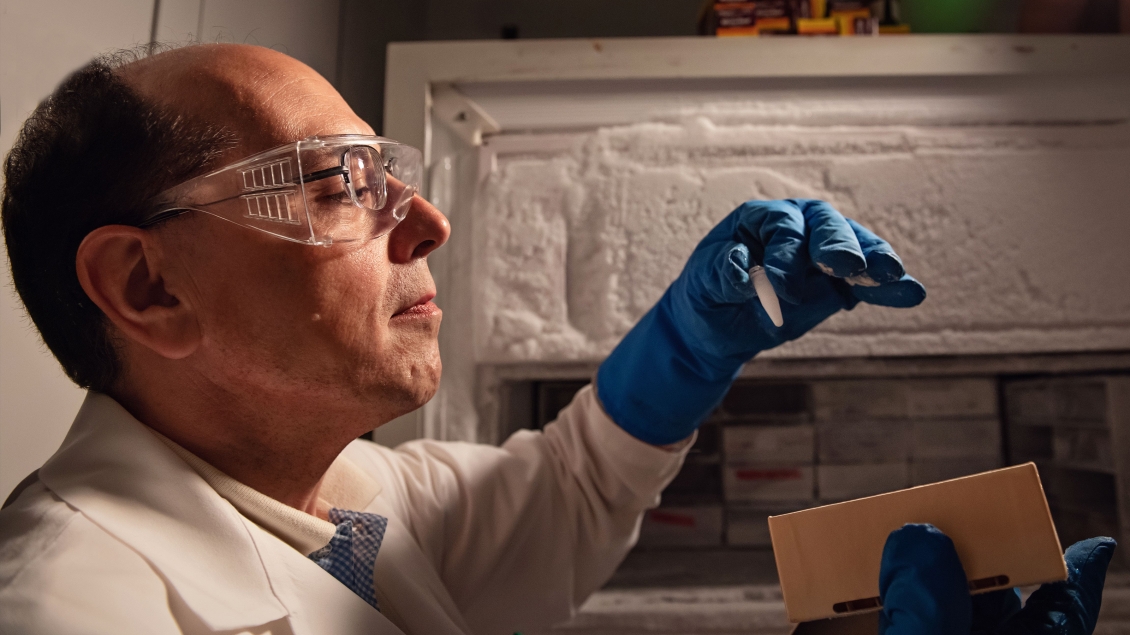
Expand on Your Foundation
Practical applications that unite multiple fields
Recent technological progress has lead to huge datasets in genetics, genomics, proteomics and metabolomics. Quantitatively trained scientists now team with biomedical scientists to analyze large datasets, predict protein structure and function, or mathematically model folding of a protein, processes in a cell or organ, or the spread of infections, to name just a few applications.
Students with an academic foundation in mathematics, statistics, physics, computer science and engineering, who are interested in applying their skills to biological problems:
Students who are interested in the Bioinformatics graduate program and who wish to do research in biomedical fields are welcome to apply through PIBS. There is particular interest in quantitatively trained graduate students in the programs of Bioinformatics, Biophysics, Cell & Developmental Biology, Human Genetics, and Molecular & Integrative Physiology.
While some undergraduate biology is advantageous, quantitatively trained students who have no college level biology are asked to arrive 2 weeks before classes start to participate in our Biology “Boot Camp” (Bioinformatics 523), a two week, full day lecture and laboratory introductory biology course to prepare you for graduate level biology classes. You will be advised about the most suitable classes based on your background and future interests.
Students with an academic foundation in Biology:
Students who already have an academic foundation in Biology will need a deeper understanding of quantitative and computational biology. PIBS students can chose among many levels of statistics, bioinformatics and programming.
- Bioinformatics 525 is an introduction to statistics and to bioinformatic tools on the web for students interested in using Web-based applications and browsers.
- EECS 498 and Bioinf 575 offer introductory computer programming courses for those interested in getting more involved in analysis.
- Bioinformatics 527 is intended for students with basic statistics and some programming knowledge who want to go deeper into bioinformatics.
- Biostatistics 553 is our recommended course in basic statistics not requiring math beyond algebra (Statistics 400 or Biostat 503 are alternates.)
- Systems Biology (Physiology 519) will discuss both the necessary biochemistry and mathematical modeling at an introductory level before delving in systems biology applications.
PIBS or other graduate students who are interested in getting more deeply involved in quantitative analysis:
It is strongly recommended that you seek specific advising from their chosen programs to help identify appropriate classes. Some examples of these classes would be:
- Statistics 500: a higher level introductory statistics course.
- Stats 425: Introductory probability theory, as a prerequisite to studying statistical analyses, is offered through this course (or Biostats 601 which requires significant mathematical abilities).